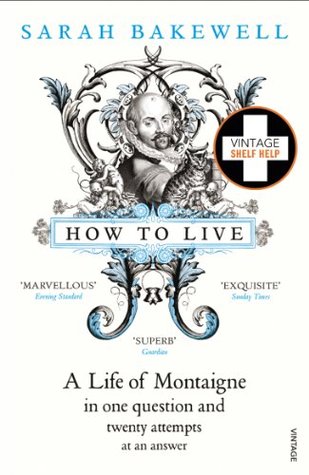Montaigne’s change of gear during his mid- to late thirties has been compared to the most famous life-changing crises in literature: those of Don Quixote,3 who abandoned his routine to set off in search of chivalric adventure, and of Dante, who lost himself in the woods ‘midway on life’s path’. Montaigne’s steps into his own mid-life forest tangle, and his discovery of the path out of it, leave a series of footprints – the marks of a man faltering, stumbling, then walking on:
Welcome back. Just a moment while we sign you in to your Goodreads account.


